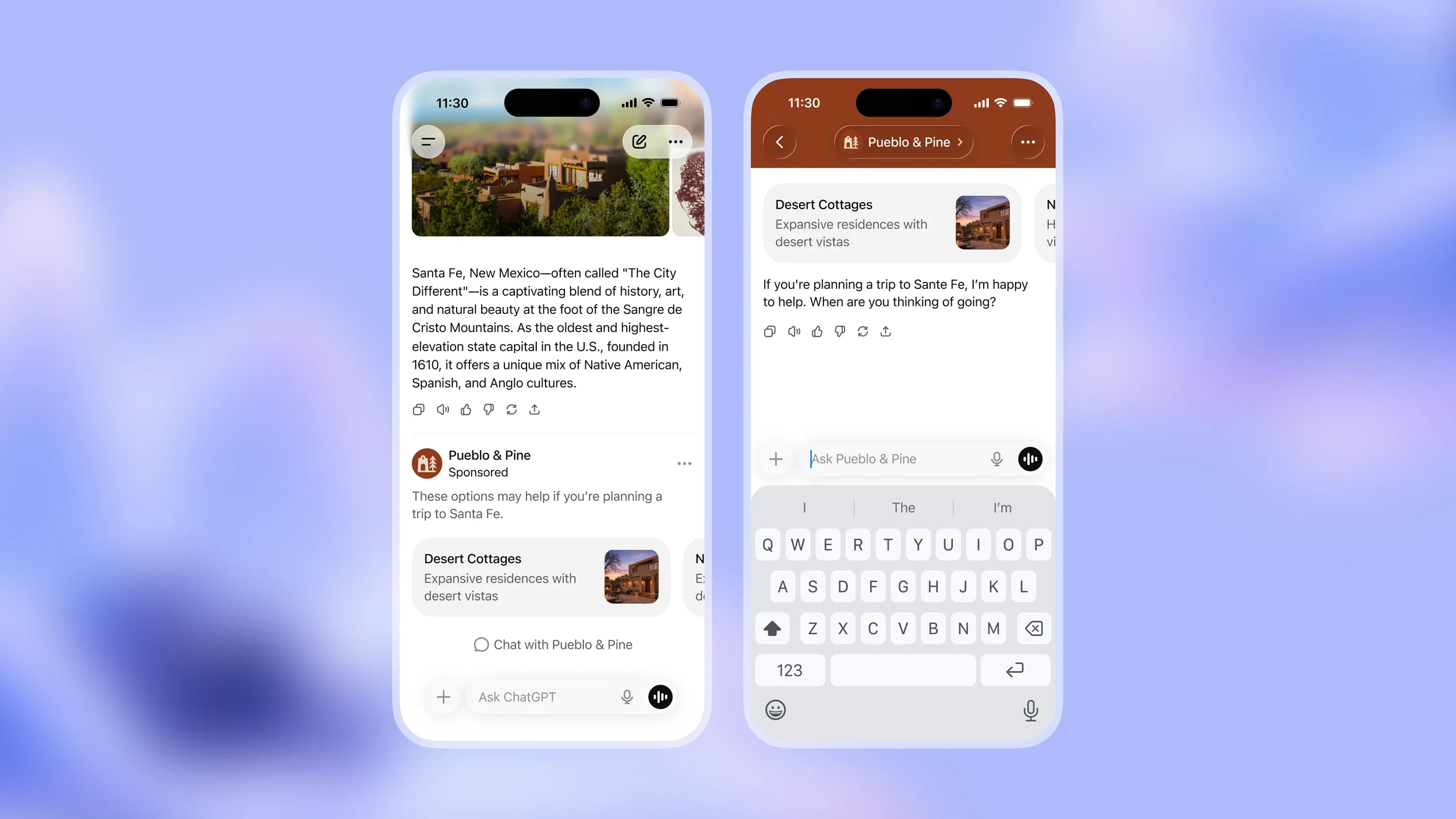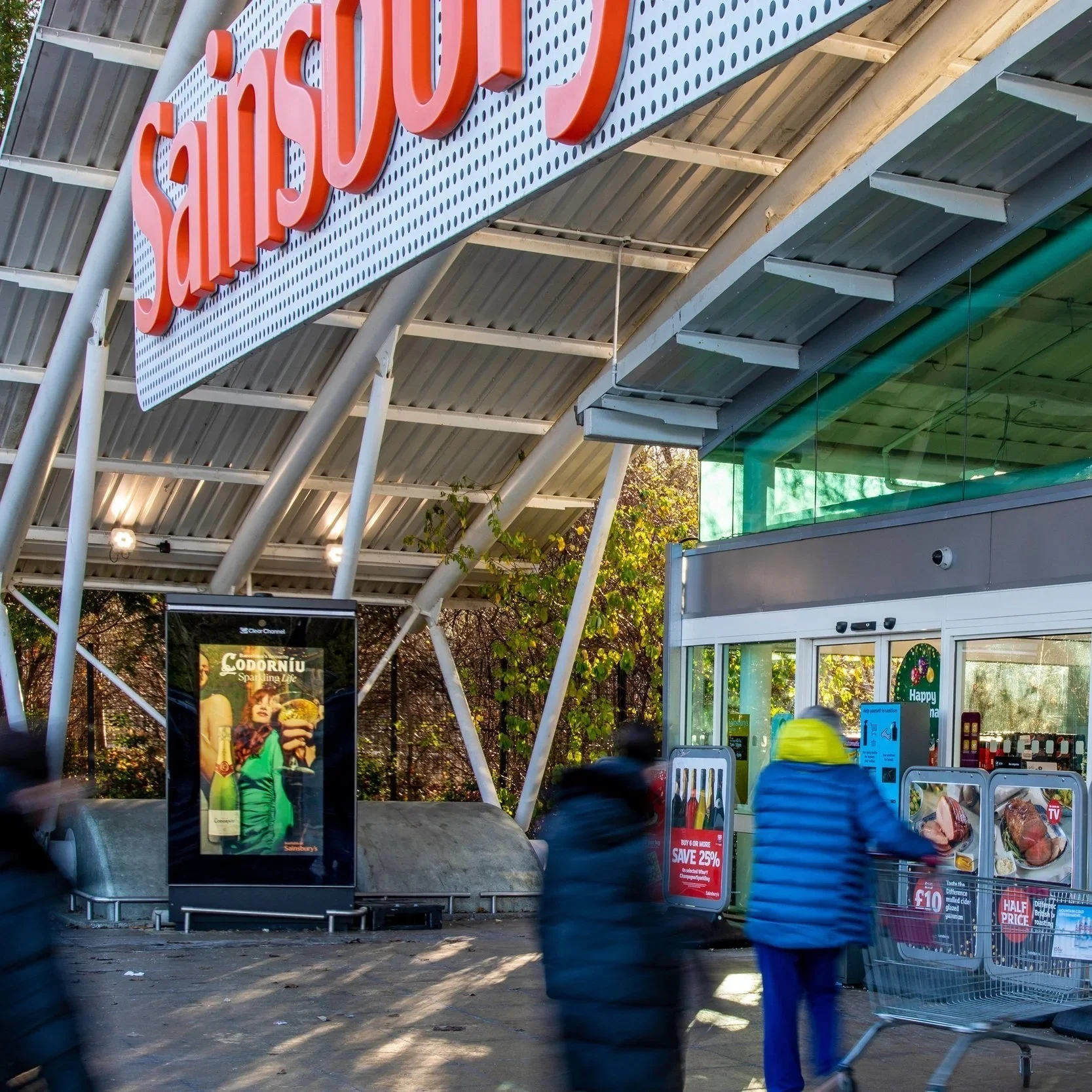How is AI used in Advertising
AI is Revolutionising Advertising: The Future of Personalised and Optimised Campaigns.
AI Generated Ad Creative for the Polish Tourism Board.
Key Takeaways
AI enables personalised targeting by analysing vast data sets to create detailed profiles, predict behaviour and deliver dynamic, personalised content across channels.
AI powers programmatic advertising by automating ad buying, optimising bids in real time and selecting inventory, improving return on investment and freeing marketers for strategic work.
AI aids content creation and optimisation through generating ad copy and visuals, using predictive analytics to forecast campaign outcomes, enhancing customer interactions with chatbots and voice/visual search, and continuously optimising campaigns; ethical considerations include data privacy and mitigating algorithmic bias.
Artificial intelligence (AI) is transforming the advertising industry in ways we could have only dreamed of a decade ago. From personalisation to predictive analytics, AI is providing advertisers with tools to better understand their audiences, optimise campaigns, and create content that truly resonates. In this article, we explore several key areas where AI is making a significant impact on advertising, and how brands can harness this technology to achieve more effective and efficient campaigns.
Personalisation and Targeting
One of the most significant contributions of AI to advertising is its ability to personalise and target ads with unmatched precision. By analysing vast amounts of consumer data, AI can create detailed customer profiles, predict consumer behaviour, and deliver personalised content that speaks directly to individual users. Companies like Netflix are already using AI to tailor not only their recommendations but also the artwork for movie titles, depending on a viewer's watching history. Imagine showing a horror-themed cover for a movie to those who enjoy horror and a more romantic one to those who prefer love stories — that’s personalisation at work.
Through AI-powered targeting, advertisers can ensure that their messages reach the right audience at the right time, maximising engagement and minimising wasted ad spend. This type of precision targeting also allows for dynamic ad creation, where ads are adjusted in real time to reflect the specific interests of individual users. As a result, the ads become more relevant, and the chances of conversion significantly increase.
Programmatic Advertising
AI also plays a pivotal role in programmatic advertising. This is a type of digital ad buying that uses AI algorithms to automate the process, allowing marketers to optimise their ads in real time. Programmatic platforms leverage predictive analytics to forecast campaign performance, allowing advertisers to make data-driven decisions about bidding and ad placements.
These platforms use AI to optimise bidding strategies and identify the right inventory to reach the desired audience, leading to a better return on investment (ROI). With programmatic advertising, marketers are able to spend less time on manual ad buying and more time on strategic, creative endeavours, making the entire process more efficient and cost-effective.
Content Creation and Optimisation
AI is not only helping to place ads but is also directly involved in the creation of ad content. From generating ad copy to designing visuals, AI tools are increasingly being used to assist in creative processes. AI algorithms can analyse past campaigns to identify what worked well, allowing brands to craft content that is more likely to resonate with audiences. Tools like ChatGPT are even able to write ad copy that is tailored to specific audiences, creating an efficient workflow for marketers.
Moreover, AI is used to optimise existing content, ensuring it performs better across different platforms. By analysing metrics such as engagement, click-through rates, and conversions, AI can make recommendations for tweaks and adjustments, allowing marketers to maximise the effectiveness of their campaigns.
Predictive Analytics
Predictive analytics powered by AI is another game-changer for advertisers. It allows brands to forecast campaign outcomes, identify emerging trends, and adjust their strategies proactively. For example, AI can predict click-through rates or even forecast how well a particular message will resonate with a target audience based on previous campaigns.
This capability helps advertisers minimise risk and increase the chances of success. By understanding patterns in consumer behaviour, marketers can create campaigns that not only meet but exceed customer expectations, leading to increased brand loyalty and better sales outcomes.
Enhanced Customer Interaction
AI is also transforming the way brands interact with their customers. Chatbots are a perfect example of this, providing 24/7 customer support and answering queries in real time. These chatbots are often trained to understand natural language, providing a conversational experience that feels human and responsive. The integration of AI-driven chatbots into advertising campaigns can enhance user experience, guide potential customers along their journey, and boost conversion rates.
Beyond chatbots, AI is helping optimise voice and visual search. As voice assistants like Alexa and Google Home become more popular, AI ensures that brands are prepared to capture this growing market by optimising their content accordingly.
Campaign Optimisation
Once a campaign is live, AI does not sit idle. It continuously monitors performance, providing real-time insights that can be used to make adjustments on the go. By automating routine tasks like reporting and ad monitoring, AI frees up marketers to focus on more strategic aspects of their campaigns. It also suggests specific optimisations to improve results, such as changing targeting parameters or adjusting creative elements to better resonate with the audience.
The Ethical Considerations
While AI offers incredible benefits for advertisers, it is essential to acknowledge the ethical implications associated with its use. Data privacy remains a significant concern, as advertisers must ensure that the data used for targeting and personalisation complies with regulations and respects user consent. Additionally, algorithmic bias can lead to unintended consequences, such as the exclusion of certain demographics from ad campaigns. Brands must remain vigilant to ensure that their AI-driven campaigns are ethical and inclusive.
The Future is Here
AI is already revolutionising advertising, and its role will only grow in the coming years. By enabling highly personalised and targeted campaigns, automating ad buying, and enhancing content creation and optimisation, AI is making it possible for brands to deliver more effective advertising that resonates with consumers on a deeper level. The future of advertising is here, and AI is leading the charge.
For advertisers, the challenge is to embrace these new tools while navigating the ethical complexities that come with them. By doing so, they can ensure that their campaigns are not only effective but also responsible, providing value to both the brand and the consumer.












